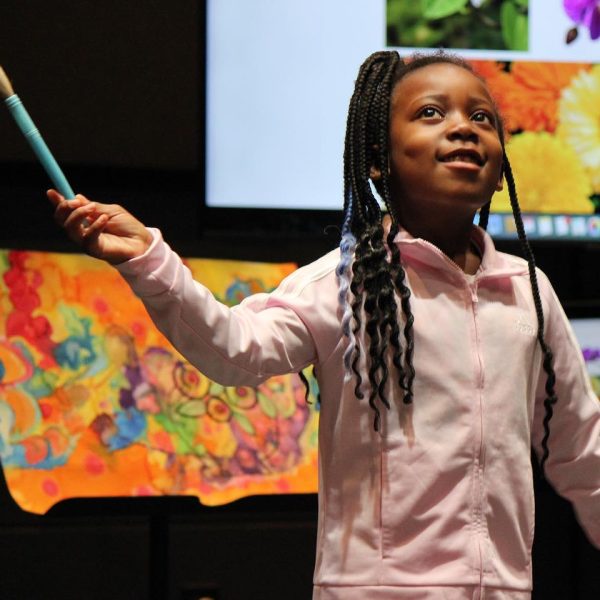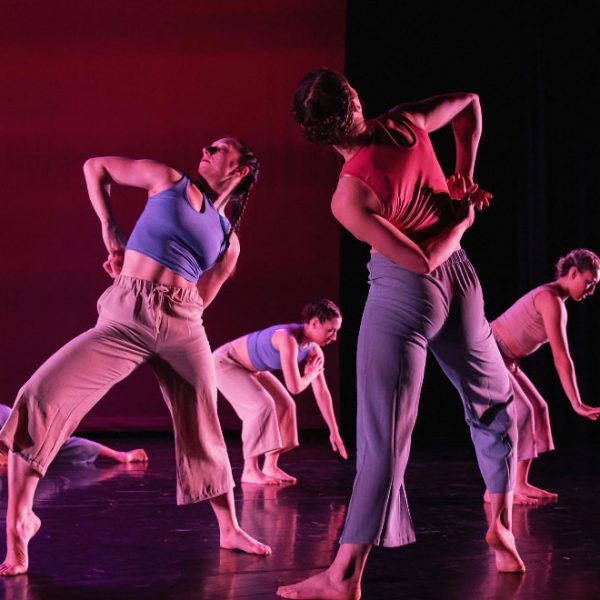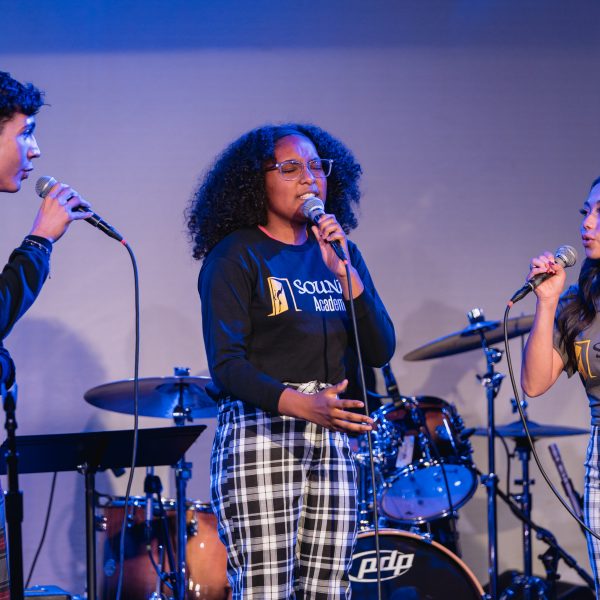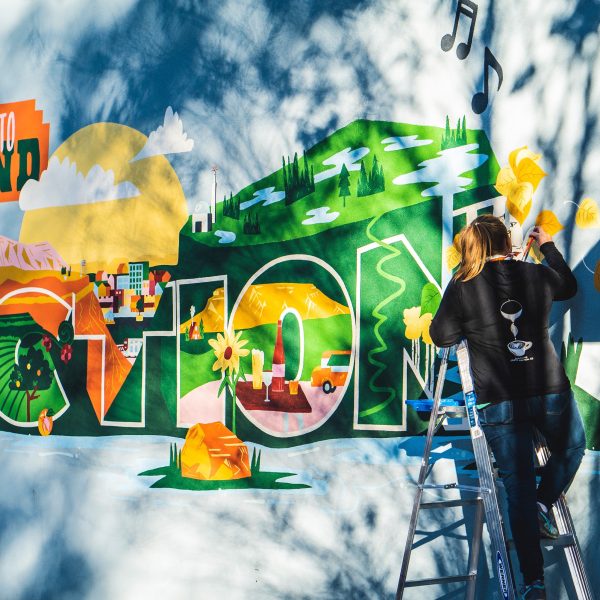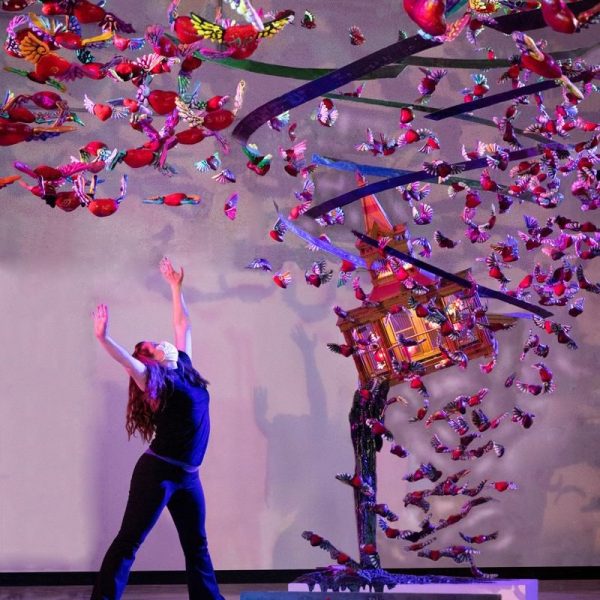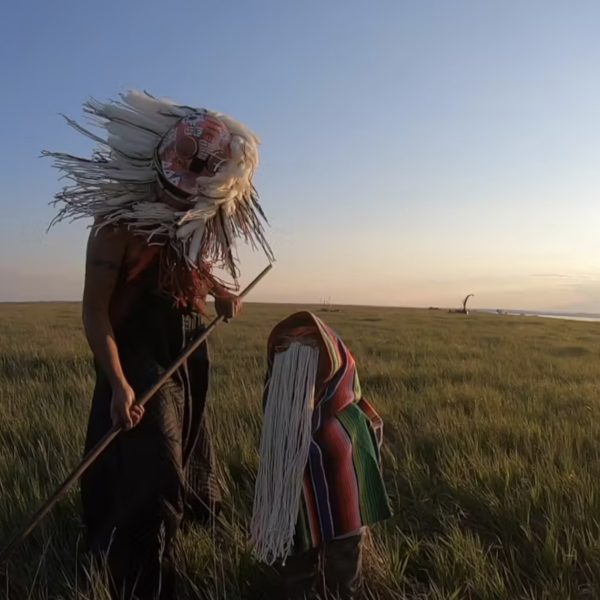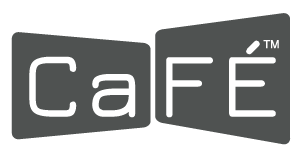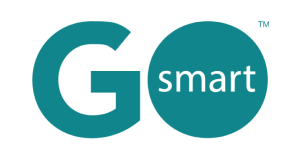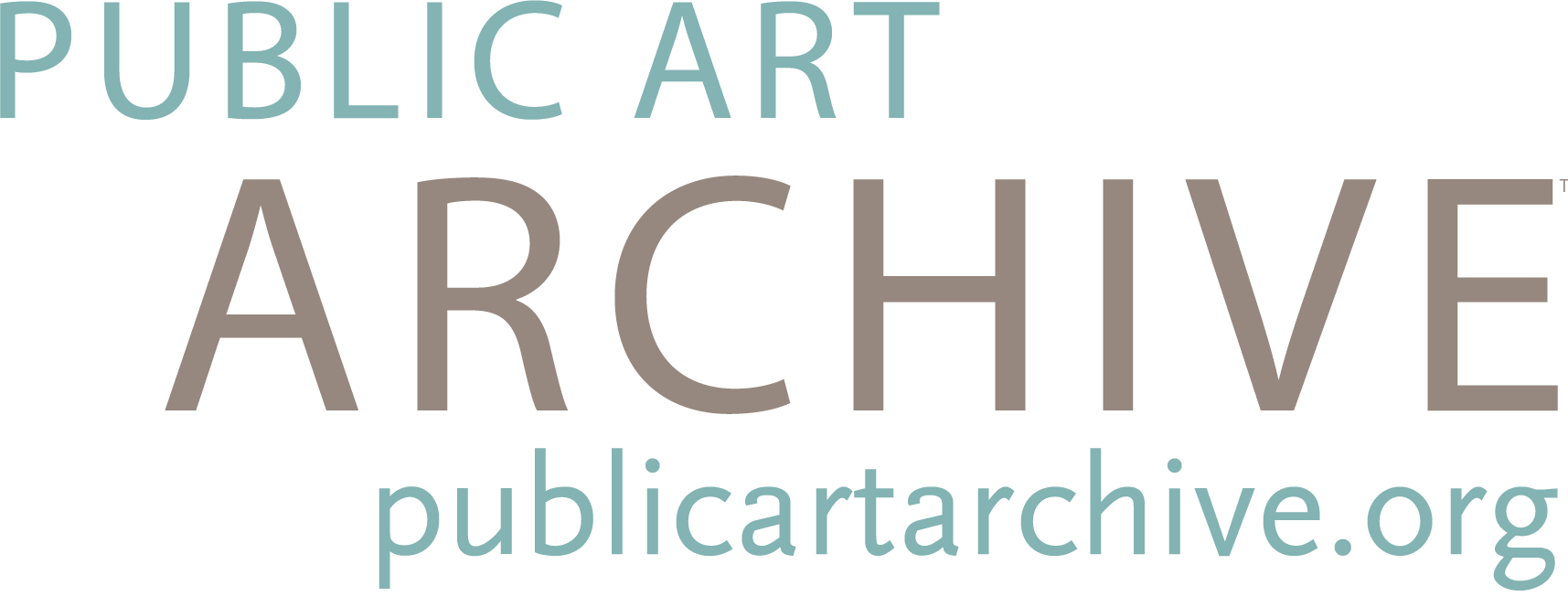Web Services powered by
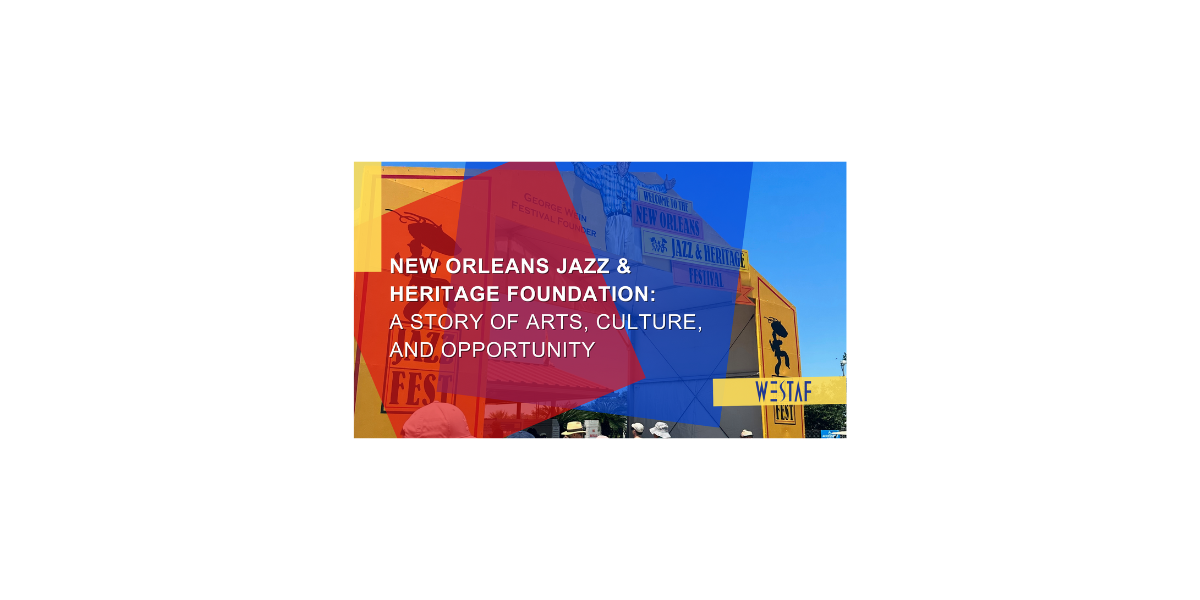
Back to All News
New Orleans Jazz & Heritage Foundation: A Story of Arts, Culture, and Opportunity
June 5, 2023
The New Orleans Jazz & Heritage Foundation is a multi-faceted organization that spearheads music education, community engagement, and cultural preservation in Louisiana. Most famously, the Foundation owns and operates the New Orleans Jazz & Heritage Festival, a renowned annual showcase of musical performances, arts and crafts marketplaces, and local culinary delights. With an impressive attendance of over 460,000 individuals spanning seven days in April and May, the festival invigorates New Orleans, transforming it into a dynamic hub of cultural expression.The festival’s proceeds also play a pivotal role in funding the Foundation’s wide range of programs, which encompass music education, community partnerships, and economic grants. These initiatives make a tangible difference in the lives of aspiring artists and musicians while preserving the city’s cultural heritage. The festival’s craft marketplaces, its volunteer photographer program, and the Foundation’s grant programs are facilitated by three of WESTAF’s web services: ZAPPlication®, CaFÉ™, and GO Smart™, respectively. To understand how these web services have helped the Foundation enhance the execution of the festival and maximize the impact of their programs on the local community we — WESTAF’s marketing manager, Sam Ortega, and CaFÉ & ZAPP’s marketing and communications manager, Justine Chapel — traveled to New Orleans and spoke with a few of the many leaders who get it done.Over the years, the New Orleans Jazz & Heritage Festival has witnessed the convergence of art and music, with artists showcasing their talents alongside renowned musicians through its crafts, villages, and marketplaces. We sat down with crafts manager Christine Berthiaume, who has been instrumental in this evolution, to discuss the highly competitive crafts program.In earlier days, the application and jury process relied on artists sending physical slides to be viewed on projectors by the jurors. This was an unsurprisingly inefficient process as she was receiving close to 400 applications in the contemporary arts category alone. However, in 2006, the festival turned to ZAPPlication® (ZAPP) to streamline the process. This brought a new level of efficiency and convenience, as artists could now upload images and submit applications on the ZAPP website and the festival organizers could now manage the applications and conduct the jury digitally. Since then, ZAPP has become an integral tool in the crafts department, and the festival now attracts a diverse mix of new and returning artists each year.Today, the festival includes the Congo Square African Marketplace, showcasing people and art from the African Diaspora; the Louisiana Marketplace, featuring handmade crafts by Louisiana artists; and Contemporary Crafts, a nationally recognized showplace of artists working across all disciplines. The popularity of the opportunity for artists — the ability for their work to be in front of hundreds of thousands of people — means that the festival invites a different set of artists and craftspeople each weekend, giving festival goers a different array of artwork to shop from. But how are the exhibiting artists selected? Berthiaume expressed incredible pride in the integrity of the jury process. She invites jurors from a diverse range of geographic, artistic, and racial backgrounds and encourages them to seek artwork that ranges in styles (“from the funky to fine,” as Berthiaume puts it). The result is a vibrant, curated display of fine art and skillfully made crafts that give festival goers plenty to peruse and shop.As Berthiaume reflected on her aspirations for the festival and the crafts department, she underscored the invaluable assistance provided by ZAPP and its responsive customer support team. “I just remembered it being smooth,” Berthiaume said. “, ‘Oh my god, where have we been and why haven’t we been doing this!’” With ZAPP’s support, the festival continues to strengthen and thrive, remaining a joyful hub where art, culture, and music converge to create an unforgettable experience for all.Throughout the history of the festival, the Jazz & Heritage Archive has been there to capture and preserve its legacy. With a collection that includes over 50 years of historical materials from the Jazz Fest, new material is added each year thanks to the archive’s volunteer photographer program. Speaking with Archivist Rachel Lyons, we learned how the program has evolved over the years and how CallForEntry™ (CaFÉ) became the preferred tool to collect applications for this archival opportunity.The program began in 2004 when Lyons invited known photographers to document the festival specifically for the archive. It was opened to the public a few years later, and since then anyone can submit applications and be considered for the job. At that time, Lyons was collecting portfolio images emailed to her and building PowerPoint presentations for the jury. As more applications came in and emails piled up, Lyons enlisted CaFÉ to help her with the submission process. Recommended by Jazz Fest colleague Christine Berthiaume, who had been using its sister platform ZAPPlication®, Lyons quickly realized CaFÉ’s potential for connecting with a wider audience of photographers and streamlining the jury process. “ is really great,” Lyons said. “I mean, it’s so easy to use.” This year, the program received more than 100 applications from photographers across the country. The selection process itself involved a blind jury review by three professional photographers. Jurors reviewed submitted portfolios and assessed their proficiency in documenting live cultural events. Ultimately, the program invited 16 dedicated photographers — including a mix of professionals and amateurs — to document the festival for the archive. Most were assigned specific stages, while others were asked to capture parades and the festival’s internal culture, such as craft booths and food areas.Lyons gave the photographers creative freedom, with a bit of guidance to ensure the essence of the festival was captured. “I don’t need the perfect photo of Lizzo,” she said, “I need a historical record of what that Lizzo performance looked like…If you look at what people respond to, historically, it’s when you can see more context.” After the festival, photographers perform basic edits and organization of their images before handing it over to the digital archivist, who integrates the photos into the archive. While the archive currently houses hundreds of thousands of physical and digital photographs, there are plans to improve the accessibility and public interface of the digital asset management (DAM) system. Lyons envisions a future where festival attendees can easily browse and enjoy the extensive collection of Jazz Fest photos. Until then, the program will continue to capture the essence and diversity of the festival, allowing future generations to experience the magic of this iconic event.To the right: In collaboration with the Jazz & Heritage Archive, the Arhoolie Foundation displayed a curated selection of photographs by Arhoolie Records founder Chris Strachwitz, who documented Jazz Fest from the beginning. Recognizing the seamless integration, functionality, and impact that ZAPP and CaFÉ offer, Rachel proposed that the Foundation explore adopting GO Smart to streamline their grant programming. We had the pleasure of speaking with Kia Robinson Hatfield, the Foundation’s director of programs, marketing, and communications, who is at the forefront of this work. Hatfield manages all the cultural programming, including concerts and festivals, economic development grants, and educational programming for youth — connecting the hometown community to a plethora of opportunities and increasing visibility for local musicians. The Foundation is one of, if not the only, organization that provides several micro-grants to smaller organizations that don’t qualify for larger grant programs — establishing an equitable and accessible way to support local artists. With the New Orleans Jazz & Heritage Festival serving as the catalyst for bringing in funds and supporting the Foundation’s mission, they dispersed around $1.4 million in 2022 and are striving to increase the amount every year, while focusing on more collaborative efforts with other local nonprofits. Some of their most notable grant programs and opportunities include Community Partnership Grants, Catapult Fund, Class Got Brass, and Heritage School of Music. Like most arts funders, the need for increased funding and resources is vital and consistently prioritized when developing new programs. Hatfield emphasized how easy it is to use GO Smart when it comes to managing the front and back end and how helpful it’s been to rely on customer support when needed. “I’ve gone through a few grant management systems and this one is by far the easiest to navigate,” she said. “I’m dealing with folks who are used to writing grants all the way to folks who are community people just trying to do good things, teachers and culture bearers who have had some accessibility issues. And so it’s an easy sign up…I’m extremely grateful for that.” Overall, the Foundation is pleased they are able to create a seamless experience for themselves, their applicants, and their jurors, so that they can focus on supporting the communities they serve. We’re filled with deep gratitude and humility for the hard work and unwavering commitment required to organize a successful Jazz Fest. We applaud the Foundation for their ongoing efforts in nurturing and uniting people from all over the world to advance arts and culture within the New Orleans community and beyond, and were happy we were able to experience it firsthand!
